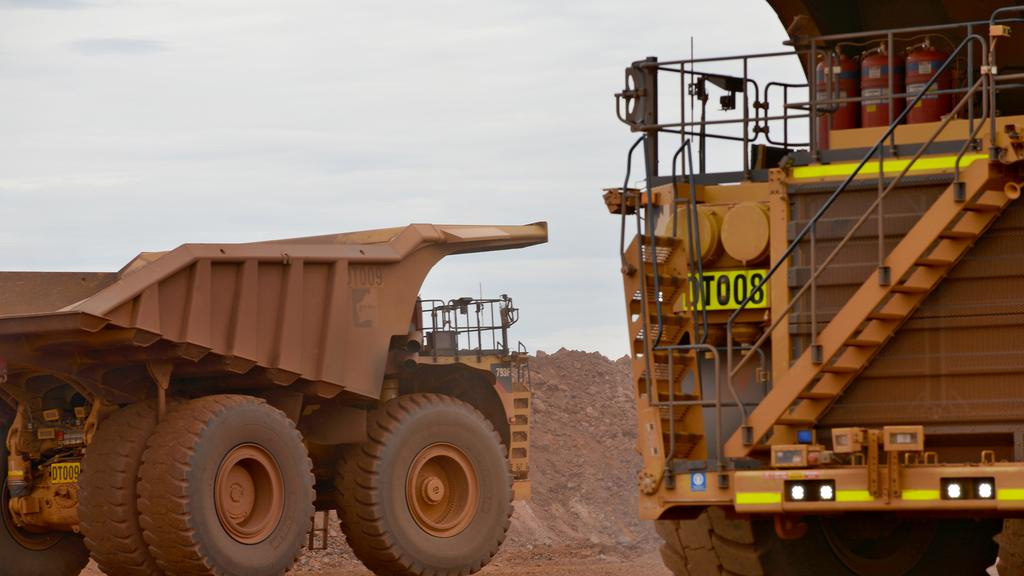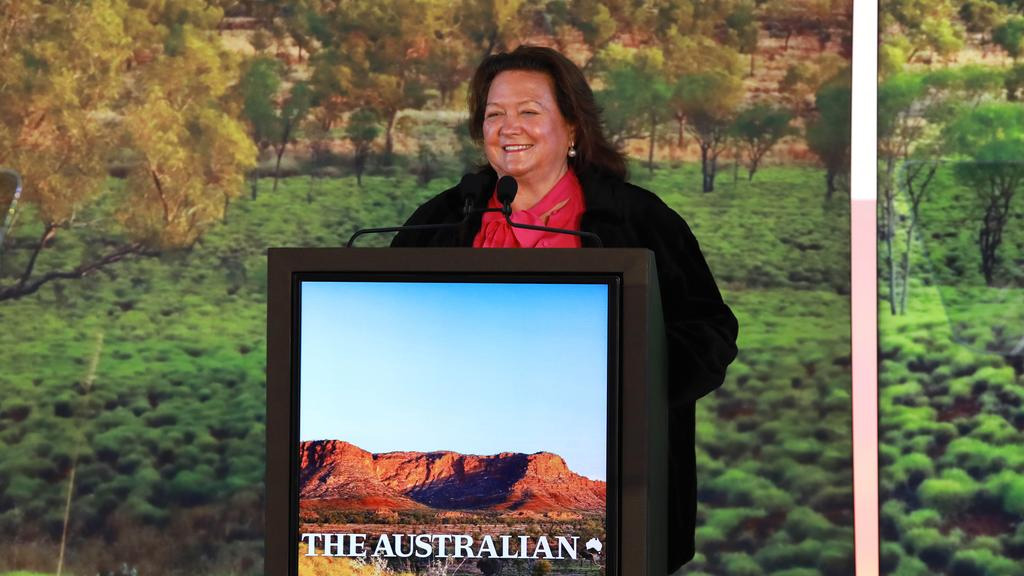
Article by Louise Brannelly, courtesy of The Australian.

Gina Rinehart’s Hancock Prospecting has received the final go-ahead for its long-delayed $600m McPhee mine in West Australia but the billionaire has blasted government policies that make resources projects more expensive and uncertain.
“Mines aren’t like wool that grow each year, they must be studied, invested in and developed if we want to be able to maintain living standards,” she said after the $600m iron ore project received its final Part V approval from the federal government.
The new mine, with an estimated lifespan of 15 years, is forecast to deliver around 10 million tonnes of iron ore per annum, with first ore anticipated next financial year, roughly three years behind schedule.
Mrs Rinehart, Hancock Prospecting’s executive chairman, noted that about 80 per cent of resources projects now in the pipeline would be discarded, according to the Mining Council of Australia.
“This is serious,” she said. “If we keep bringing in policies and adding government tape that keep attacking the mining golden geese, making projects more expensive and uncertain, there are other countries that have iron ore and other minerals, and investment will continue to move offshore.”
The McPhee project, in the northeast Pilbara region, approximately 100km north of Hancock Prospecting’s Roy Hill Mine, will create 500 new jobs during construction and up to 300 new full-time positions once operational.

Sanjiv Manchanda, CEO Projects at Hancock Prospecting, Australia’s largest private company, said McPhee had a very small footprint, would account for only 1.5 per cent of Australia’s current iron ore exports, and use existing processing, rail and port infrastructure.
“Yet (the project) was referred for a long approval process in early 2021 and has experienced a multitude of challenges from changes to heritage legislation, and changes to federal environment guidelines,” he said. “Our staff, Mrs Rinehart and I are very pleased that after long and sustained dialogues at all levels we have achieved this important milestone.”
Mrs Rinehart thanked Mr Manchanda and his team for their persistence in bringing the project to reality.
“We’ve been very fortunate in West Australia that mining in the Pilbara region has given us high living standards and stopped us being a mendicant state,” she said. “In my view, it’s important that we make investment and projects more welcome, and continue receiving the benefits of the mining industry and those businesses that they support.”
Ore from McPhee will be transported by road trains to Roy Hill where it will be processed and blended to improve product mix and sustain Roy Hill’s production volumes, which Hancock Prospecting says will add to the billions of dollars in royalties and taxes the company pays to Australian governments.
The project scope, in partnership with the West Australian government, includes upgrading 92km of Marble Bar Road to a two-lane, sealed road which the company says will improve road safety and connectivity.















